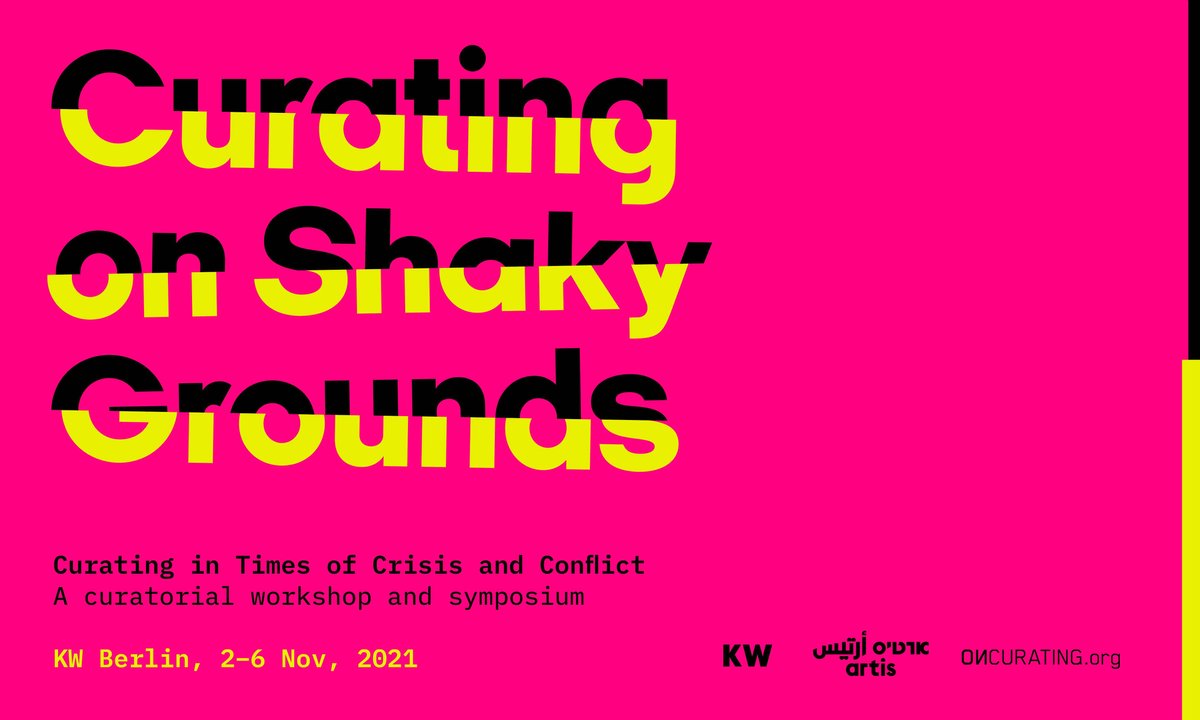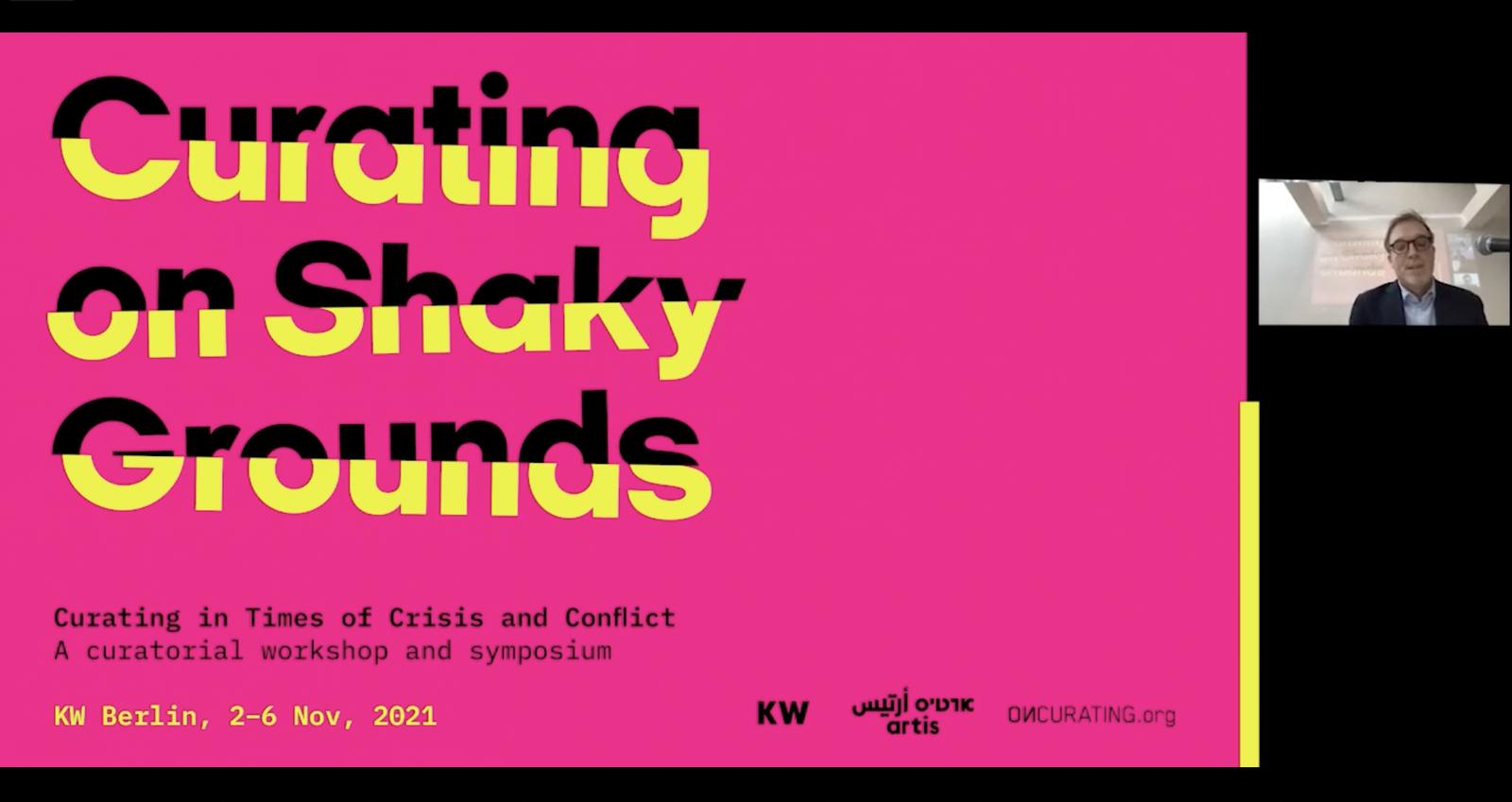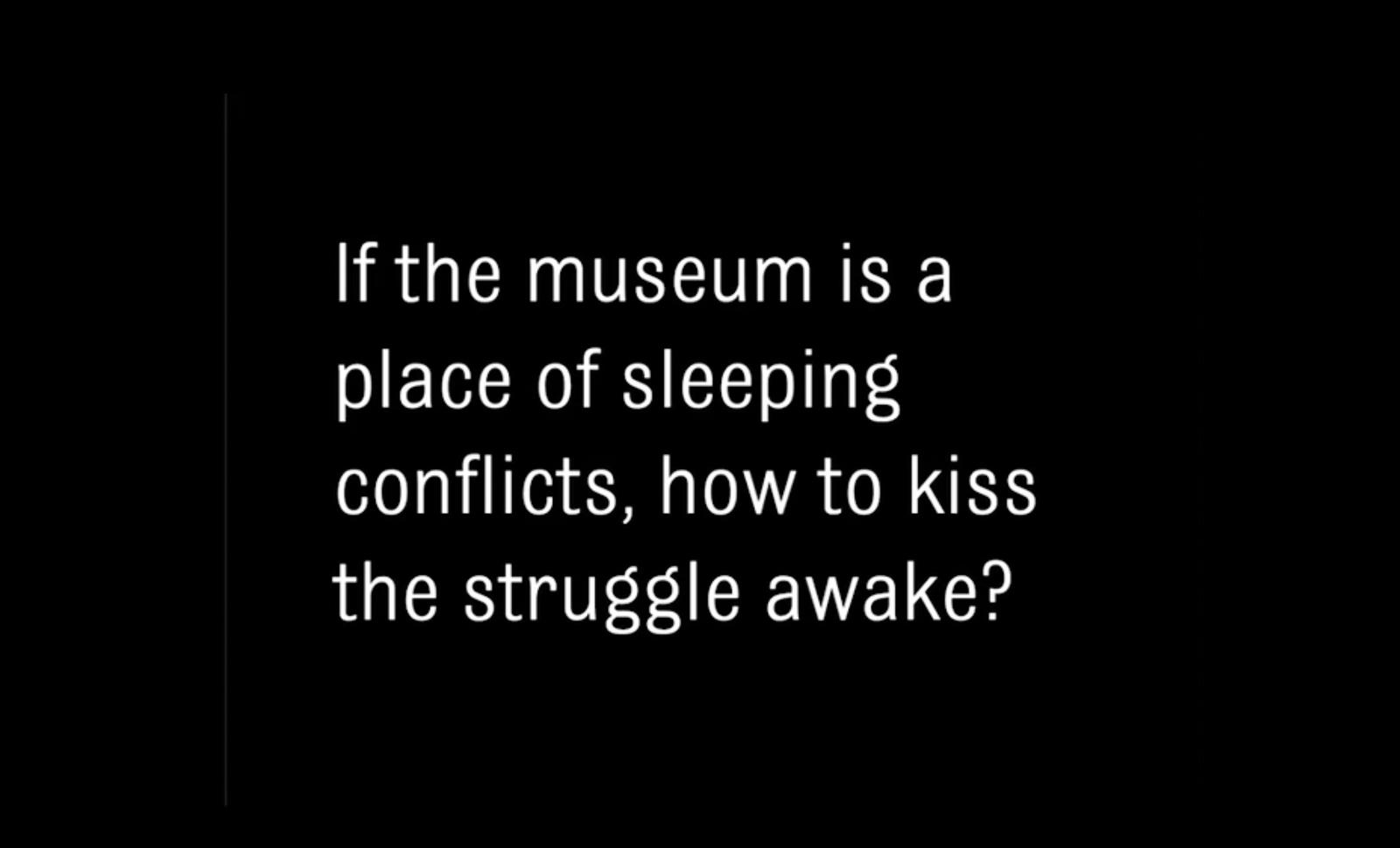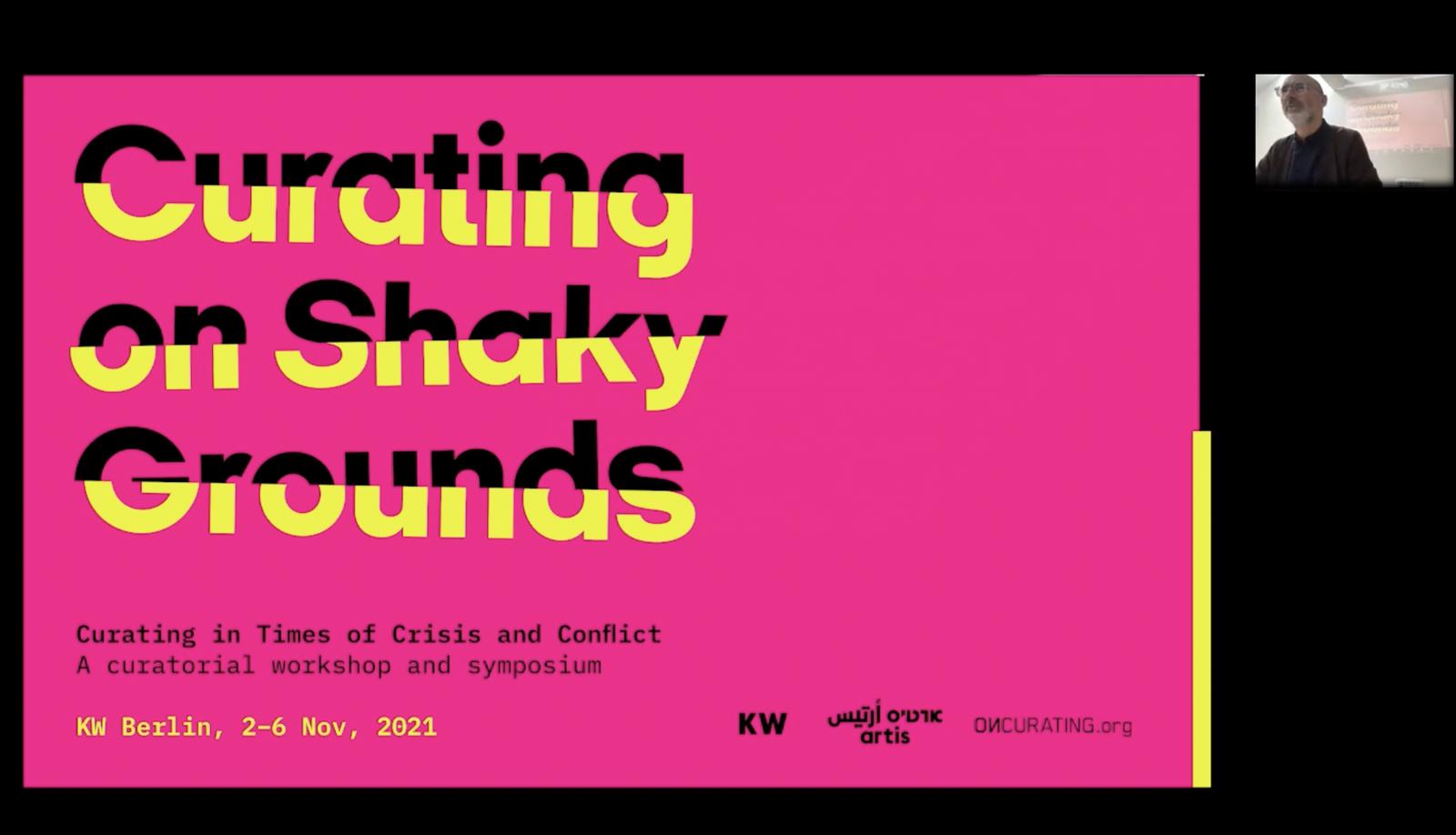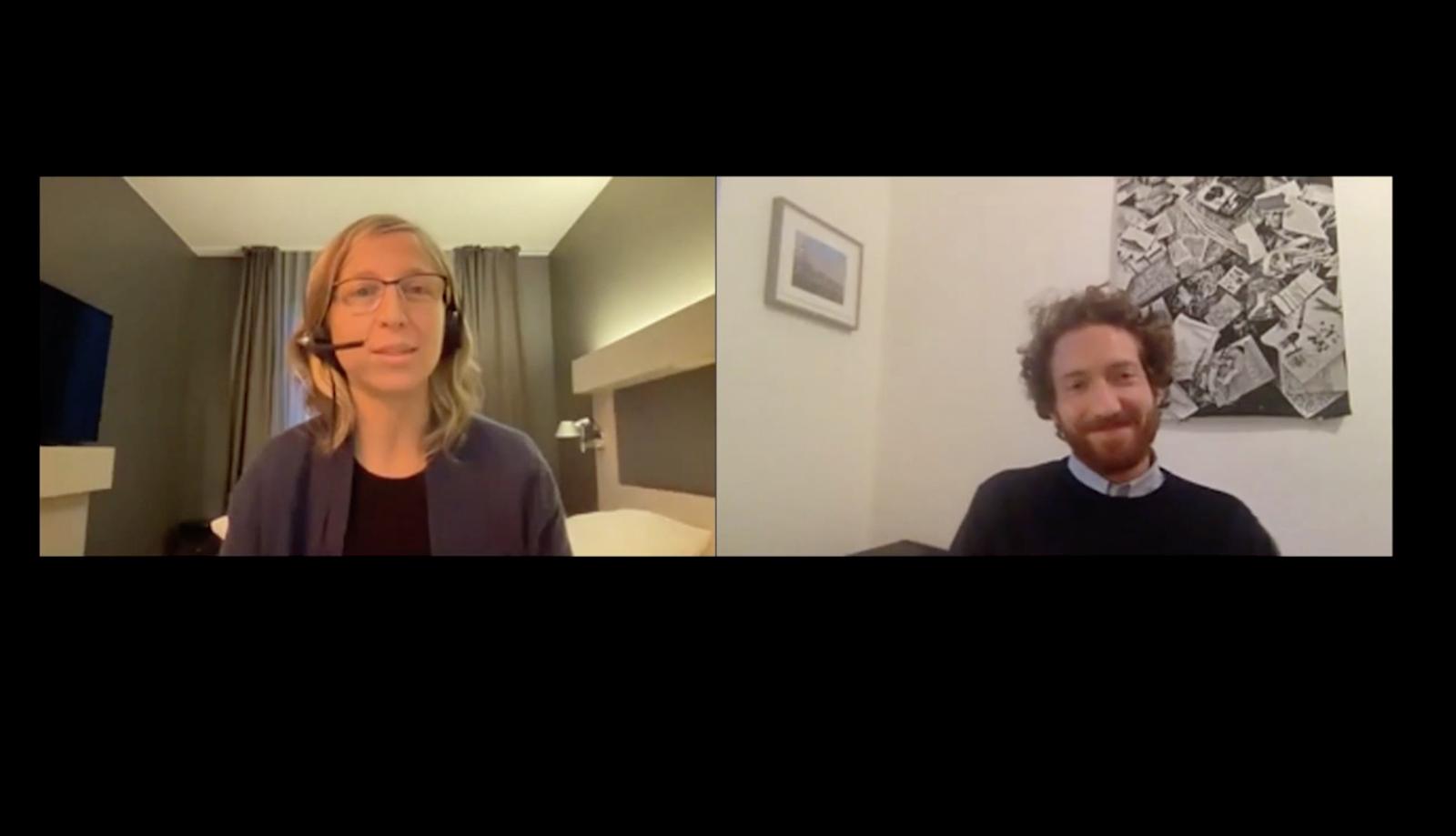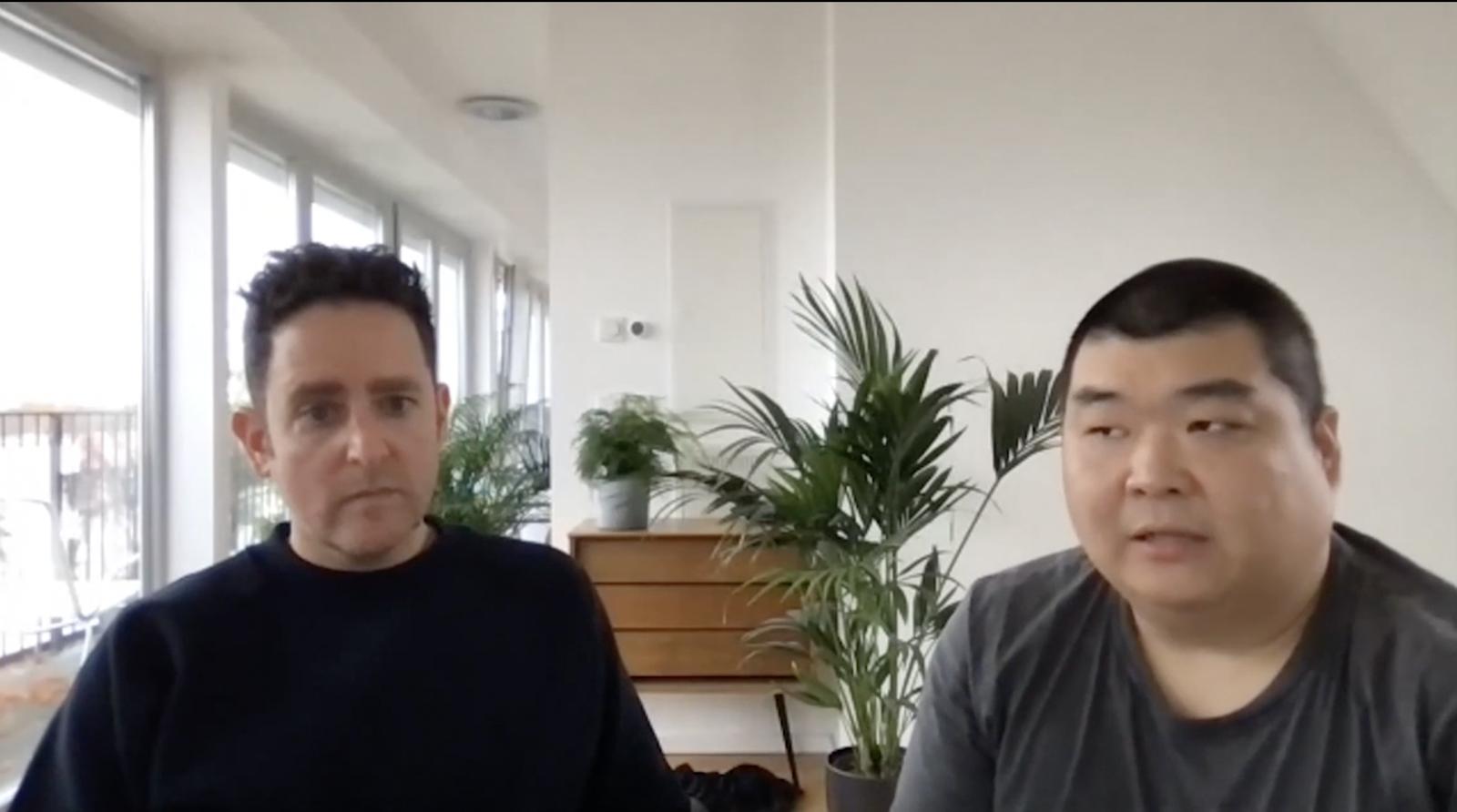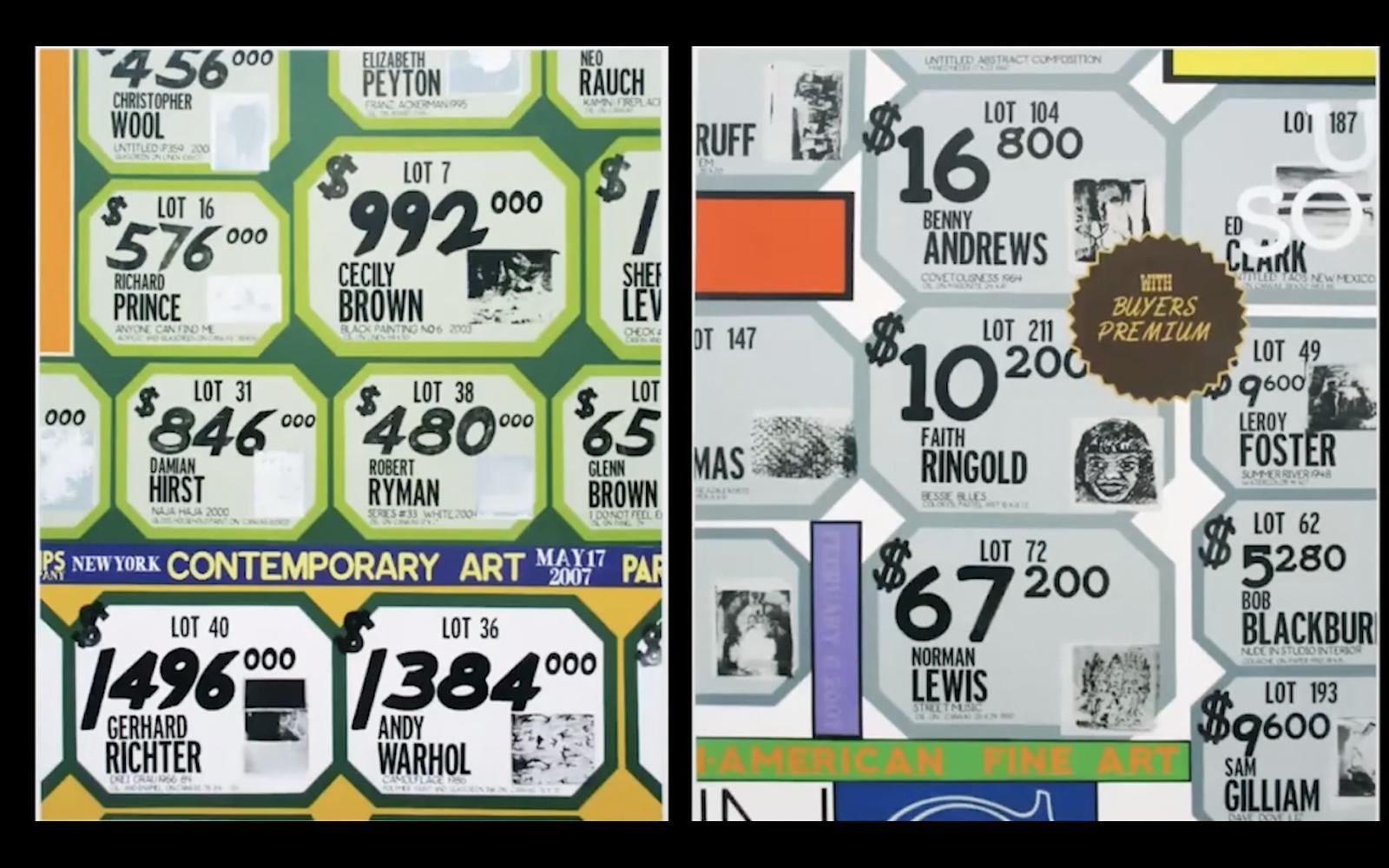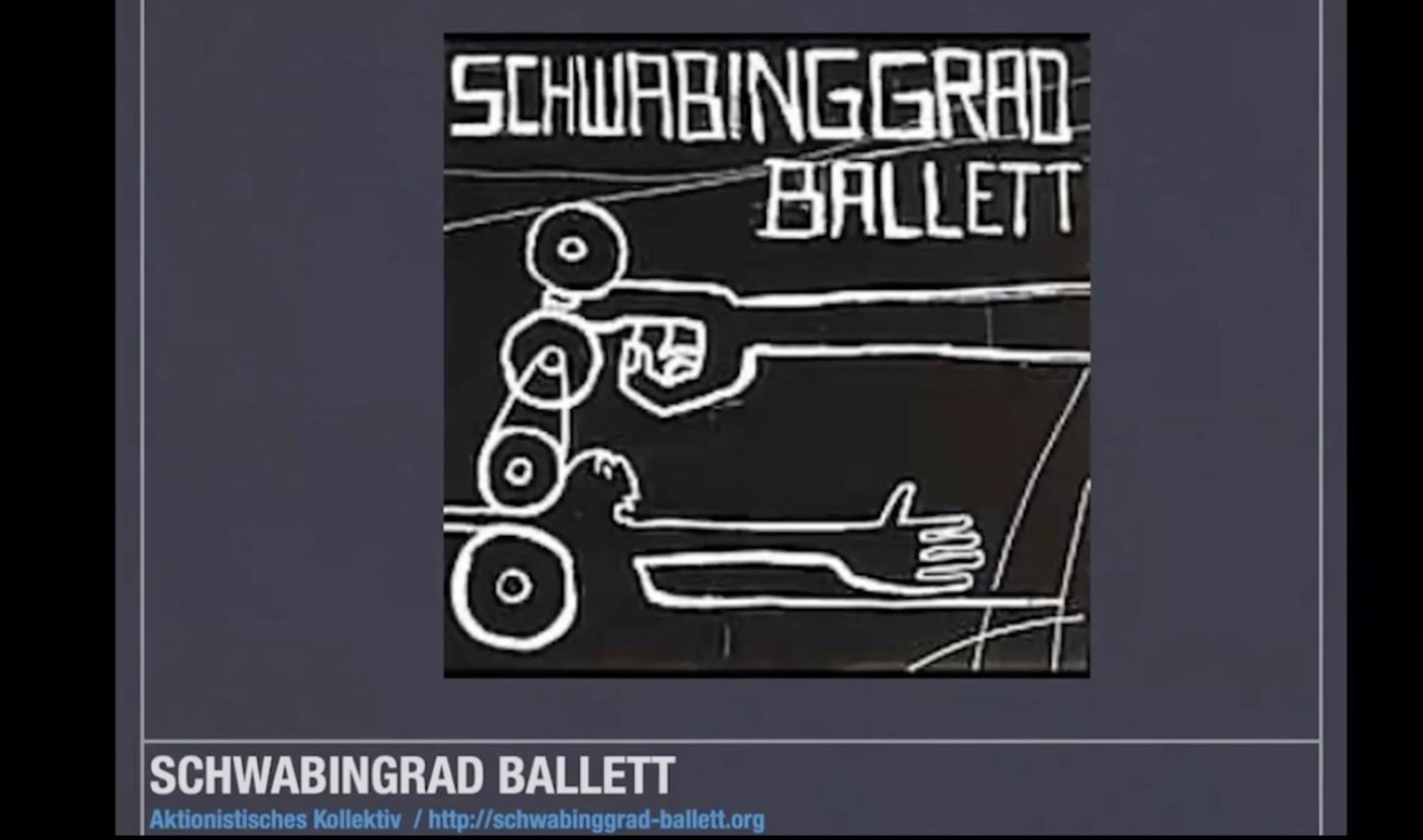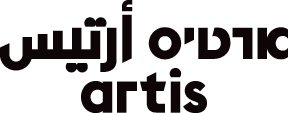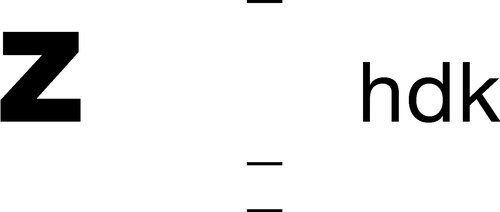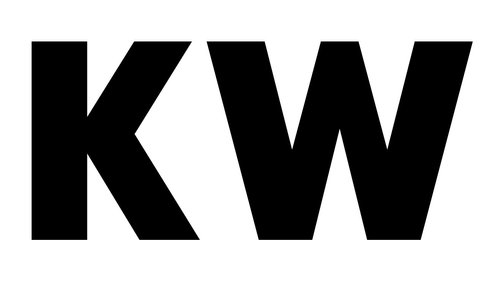Program Schedule
INTENSIVE CURATORIAL WORKSHOP
Three-day intensive, discussion-based workshops and site visits for advanced curatorial students who are currently enrolled in degree programs, and curators and professional cultural producers. Program included:
Dani Gal, artist, on unsettling empathy, multidirectional memory, witness testimony, and the politics of silence through his artistic practice and recent films.
Philip Horst, co-founder and co-director of the artist collective KUNSTrePUBLIK, and ZK/U Berlin, a production site, artist/research-residency, and program platform that connects local practice and global discourse.
Gilly Karjevsky, independent curator, founding member of Soft Agency, and head of program at Floating University Berlin, on responsive and responsible curatorial processes, and the ideas and practices behind them.
Ariel Reichman, artist, on the notion of safety explored through discussions and body and sound exercises, developed in collaboration with dancer and performer Stephanie Amurao, and musician and sound artist Maya Shenfeld.
Alona Rodeh, artist, in an experiential night walk through Berlin’s Humboldhein Park, inviting participants to creatively map, observe, and assimilate into post-pandemic nocturnal cityscapes.
Book launch event for (Un)Commoning Voices and (Non)Communal Bodies, a new publication edited by curators Maayan Sheleff and Dr. Sarah Spies, with an online lecture by performance studies scholar and curator André Lepecki, Professor and chair of the Department of Performance Studies at Tisch School of the Arts at New York University, followed by a discussion with the editors.
PUBLIC SYMPOSIUM DAY 1: CURATING ON SHAKY GROUNDS
Public symposium with lectures and workshops by:
Avi Feldman, Curator, and Owner & Director, Wannsee Contemporary, on the exhibition "I was dead on the Internet" (Sifang Art Museum) by Shanghai and Berlin-based media artist, blogger, activist, and programmer aaajiao. Feldman will share his research on the law and art in China, developed during his residency at the Ming Contemporary Art Museum (McaM), Shanghai, and will be joined by aaajiao for a Q&A.
Isabelle Graw, co-founder and publisher of the journal Texte zur Kunst, and professor of art history and art theory, Hochschule für Bildende Künste–Städelschule, Frankfurt, on the changing value of art in relation to recent protest movements such as Black Live Matters and the #metoo movement.
Johan Frederik Hartle, rector of the Academy of Fine Arts, Vienna; acting rector and professor of art science and media theory at the Staatliche Hochschule für Gestaltung in Karlsruhe; Associate Professor of Aesthetics at the China Academy of Art in Hangzhou; and Associate Member of the Institute for the Humanities at Simon Fraser University, Vancouver, on the aesthetic-political implications of the COVID-19 pandemic and its relationship to the notion of the spectacle.
Liz Rech and Salah Zater, Schwabinggrad Ballett, in a participatory movement workshop informed by activism and collective practices.
Maayan Sheleff, curator and PhD candidate at the PhD in Practice in Curating, University of Reading/Zurich University of the Arts, in conversation with filmmaker, writer, and curator Boaz Levin, co-founder of the Research Center for Proxy Politics, and editor of Cabinet Magazine's Kiosk platform, on the politics of the voice and the gaze.
PUBLIC SYMPOSIUM DAY 2: CURATING ON SHAKY GROUNDS
Public symposium with lectures and workshops by:
Nanne Buurman, researcher and lecturer for documenta and exhibition studies at the Kunsthochschule Kassel, Germany.
Paz Guevara, curator, researcher, and author, Haus der Kulturen der Welt – HKW, on exhibitions as an objectifying mechanism, and rethinking how exhibitions can, instead, embody geopolitical trajectories and struggles through orality and reciprocity.
Dor Guez, artist, founder of the Christian Palestinian Archive, director of Seaport: Mediterranean Curatorial Residency, and head of the MFA program at Bezalel Academy of Arts and Design. Born in Jerusalem to a Palestinian family from Lydda and a family of Jewish immigrants from North Africa, Guez’s lecture-performance will raise questions about contemporary art’s role in narrating unwritten histories and re-contextualizing visual and written documents.
Oliver Marchart, professor of political theory and Deputy Head of Department at the University of Vienna, on the trajectories of artistic activism in theater, dance, performance, and public art, and the political potential of urbanism, curating, and “biennials of resistance” revealing a conflictual aesthetics that does not conform with traditional approaches to the field.
Nora Sternfeld, professor of art education at the Hochschule für bildende Künste Hamburg (HFBK), Hamburg, on the role and responsibility of art institutions in engaging in self critique.
